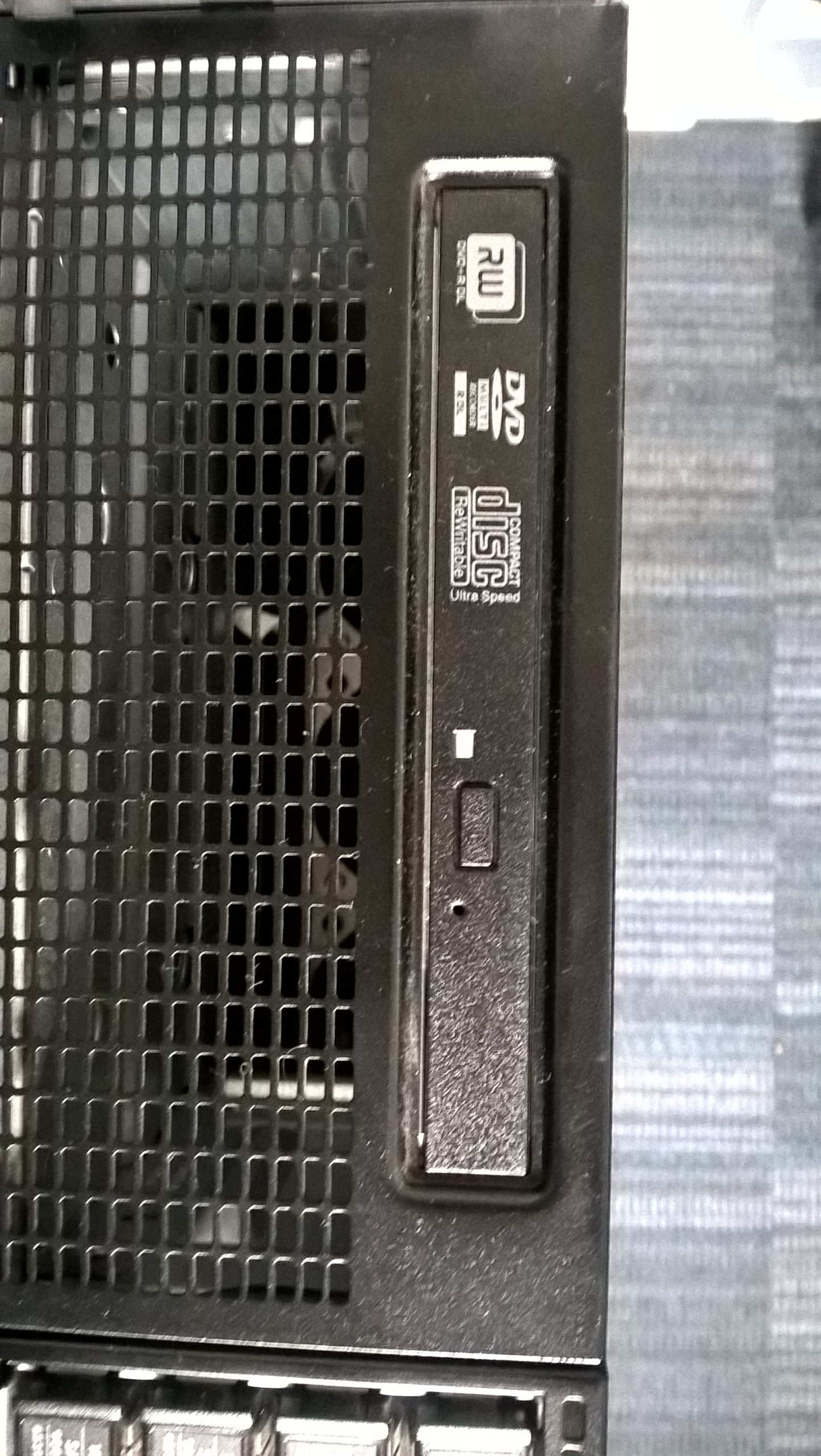The Hidden Challenge: North Korean IT Workers in Fortune 500 Companies
In an intriguing revelation, several Fortune 500 companies have publicly acknowledged that they have employed North Korean IT professionals. The numbers range from one employee to multiple hires, raising vital questions about security and the hiring practices in the tech industry.
As organizations increasingly rely on global talent to meet their IT needs, the infiltration of North Korean workers poses a unique set of challenges. These workers, often under strict government control, may present risks that go beyond conventional recruitment concerns. As such, it is crucial for companies to rigorously vet their employees to prevent any potential threats from compromising their operations.
For businesses looking to navigate this complex landscape, awareness and vigilance are key. Developing robust screening processes and understanding the intricate dynamics of international labor markets can help identify and mitigate the risks associated with hiring in this sensitive context.
To delve deeper into the intricacies of this issue and learn how to protect your organization from the pitfalls associated with hiring foreign IT talent, you can explore this insightful article on the subject. Understanding how to recognize and address fraudulent practices is essential in maintaining the integrity and security of your company’s IT infrastructure.
In conclusion, while tapping into global talent pools can be beneficial, it is paramount for corporations to remain informed and proactive in their hiring strategies, particularly when it comes to potentially high-stakes environments like those involving North Korean workers.
Share this content:




Thank you for sharing this insightful article. It highlights a critical security concern that often goes unnoticed in the global hiring landscape. To mitigate risks associated with employing international IT specialists, especially from high-security regions, I recommend implementing comprehensive vetting procedures such as background checks, industry-specific assessments, and continuous monitoring of employee activities. Additionally, leveraging advanced security tools like intrusion detection systems, multi-factor authentication, and regular security audits can help safeguard your organization’s infrastructure from potential threats. Staying informed about geopolitical developments and maintaining close collaboration with legal and compliance teams can further enhance your risk mitigation strategies. If you need assistance configuring security protocols or conducting risk assessments, feel free to reach out—ensuring organizational security in today’s interconnected world requires proactive and layered defenses.